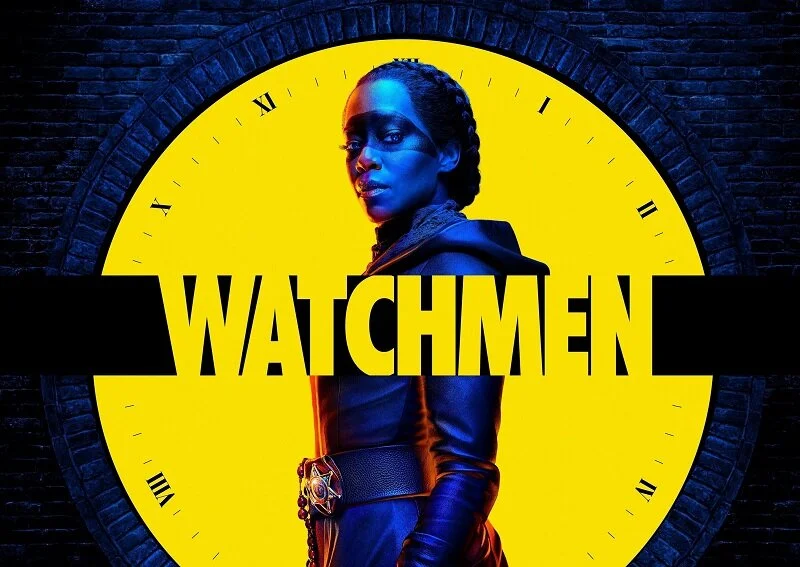How Good is HBO's Watchmen Series Actually?
Watchmen. Image courtesy of HBO.
When HBO released its Watchmen series at the end of 2019, the show was an instant hit, a source of frenzied nerd gossip, and well-liked by critics garnering a 96% on Rotten Tomatoes. Despite the good buzz, I had some doubts. The show is the brainchild of Damon Lindelof who sometimes when crafting a story has a tendency to create mystery and ambiguity just for its own sake, not because it advances the plot or the themes of the work (this was the case, more or less, with Lost and Prometheus). Watchmen is such an absolutely fucking bizarre property that I wondered if he would bring that same Jonathan Nolan vibe to the show.
The answer is, not really. The show raises a number of central puzzles and mysteries but largely resolves them by the end, eventually sticking to a fairly self-contained and coherent narrative arc. Places and settings and events that are very weird end up having some kind of explanation that serves an essential function of the narrative, so the writing in that sense is tighter than I was expecting. But from the beginning, Lindelof and his team had an almost impossibly hard task. Adapting Watchmen for television or film is extremely difficult for the simple fact that it is absolutely bat-shit crazy insane. This was something Zack Snyder had to wrestle with in his big screen adaptation, and he basically just went for it, embracing the weirdness for better or worse.
This is a show about adult humans beating each other up while wearing Halloween costumes and using beepers that is meant to also be a sort of thoughtful meditation on race and politics and deeply philosophical questions about the rule of law and justice and the nature of the Lockean social contract. Can such heady material really be framed by such wacky narrative elements, like an all-powerful glowing blue man who walks around with his dick flopping around all the time? Adapting Watchmen well requires threading an almost impossibly thin tonal needle, balancing the dense and heavy thematic content with the outlandishness of the plot and the characters and the setting.
I think that given the challenge, this adaptation did about as well as could be expected. Visually, the look and feel is extremely cinematic. The show looks wonderful and is terrifically acted. The world-building is probably its greatest strength, as it plunges you into an already fully-realized alternate version of 2019. There are, of course, things that make no fucking sense which for me detract somewhat from what they are trying to do. Like, why would the US have made Vietnam into a state after winning the war? That doesn’t make any sense at all. And really, Robert Redford becoming the super-liberal anti-Nixon president? You could not have spent like, an additional 30 minutes brainstorming that to arrive at a better idea? In asking these questions, however, you always return to the same starting point which is that essentially the entire property, with its masked vigilantes drop-kicking each other in the face, is too silly to take seriously.
I really liked Adrian Veidt’s steam punk prison world. When the show can truly flex its weird muscles, it works best in my opinion and that whole subplot was tonally perfect. It was just the right amount of weird and funny and grotesque. It also took place on a moon of Jupiter. But once you try to bring the narrative back to the United States, where you are making the case for the plausibility of this alternate reality of Redfordations and ubiquitous beepers, I just found it a little hard to swallow. Especially because the show is exploring some really heavy issues, like the structural racism of American society.
So, how good was HBO’s Watchmen series? Better than I expected. It looks great, and has some very nice world-building and top-flight acting. And it does the best that it can striking a delicate tonal balance between its zanier and its more serious elements. But because the property is so fundamentally insane, it does seem to barely hold together, threatening to spin apart at the seams at any moment. That it does, in the end, hold together fairly well is a testament to Lindelof checking the most extreme of his impulses, perhaps.



